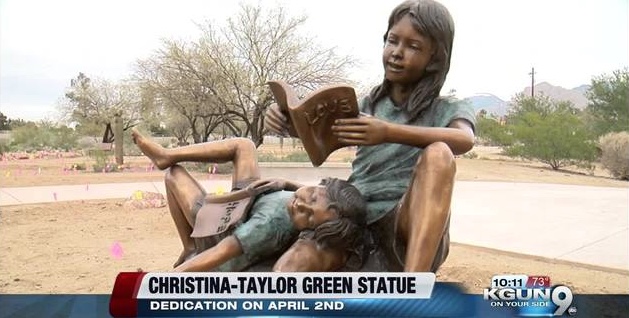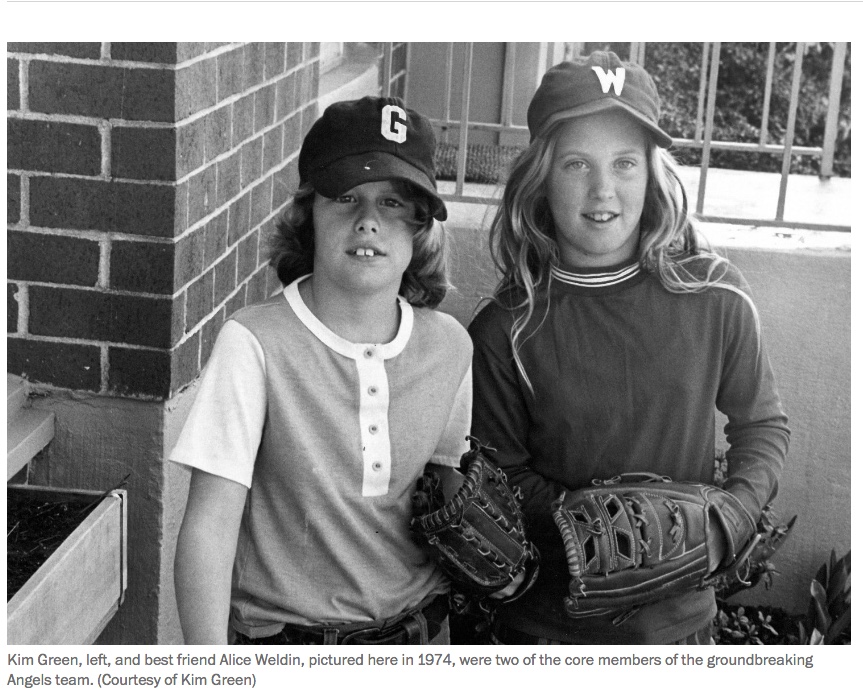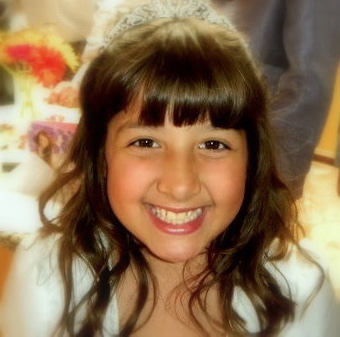Sunday Morning Surprise
/Story about Ludtke v. Kuhn in New York Times Sports Section
In its 2019 World Series coverage, the New York Times editors snuck in this box about my 1977-1978 legal action , Ludtke v. Kuhn, to gain equal access for women reporters, which meant we could fully do our jobs by interviewing ballplayers in the locker rooms, just like our male colleagues had done for decades. This photo is from a book party held in Washington, D.C. (home of my friend Ellen Hume) to celebrate the publication of “On Our Own: Unmarried Motherhood in America.” Maya is pulling on my friend Hillary Clinton’s necklace as my childhood friend Kathleen Kennedy Townsend joins us.
I posted this photo on my Facebook page, accompanied by a brief story of how I’d learned about it from several friends. After a week in which we heard about the demeaning, degrading behavior that targeted three women reporters in the Houston Astros locker room – and saw how the team tried at first to claim that the Sports Illustrated writer, Stephanie Apstein, had fabricated the account – it’s good to see an accurate account of this history of what women have been up against in sports reporting through the decades. Lots of progress seen – hey, terrific women broadcasting games in network booths is one giant leap forward – but then there are these reminders of how this fight for equal treatment goes on.
“My own Sunday morning shocker! First a text from my former Time magazine colleague Claudia Wallis “so cool to come across the article about you and mentioned your “upcoming memoir” as I read this morning’s paper.” What story, I asked myself. What paper? A text back to her led me to The New York Times sports section, and this boxed story on the World Series page. Complete surprise to me. Then, I see an email with the header NYT, and its from Betsy Lipson who rows where I do Community Rowing, Inc. - CRI, and she writes: “I am CRI rower who’s been a fan girl of yours, and I’m so excited to hear you finished your book. Can’t wait to read it.” And like Claudia, she sends me a shot of the story.
Let’s break here just to say that I am not finished writing my memoir, so it will be a while until it is published. Perhaps upcoming is a bit of misleading word, but I am writing it and it will, one day, be published.
Back to this morning, when another text arrives from Ginger Ryan with news that she’d recognized me in the photo before she saw the headline. Well, that’s good since that photo was taken 22 years ago, when my friends Hillary Clinton and Kathleen Kennedy Townsend joined me at a book party thrown by Ellen Hume at her home in Washington, D.C. to celebrate publication of my first book, “On Our Own: Unmarried Motherhood in America.”
And now I see a tweet from my dear friend Lisa Olson who paid much too high of a price in the early 1990 for doing her job in the New England Patriots locker room.
What I love most about this morning is how the threads of my friendships weave together in a knot of solidarity ... from my journalism days (Claudia), from my rowing life (Betsy), from my Mothers Out Front climate activism (Ginger), and from my sports writing life and our fight for equal rights (Lisa). Friendship means the world to me, and thanks to all of you who reached out to me to share in this reminder that the struggle endures, the fight goes on.”















